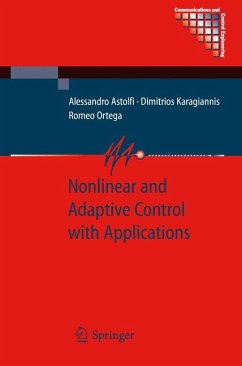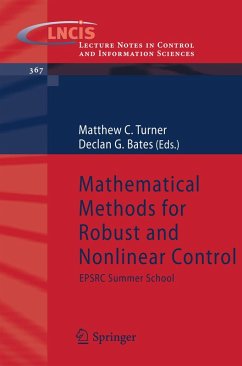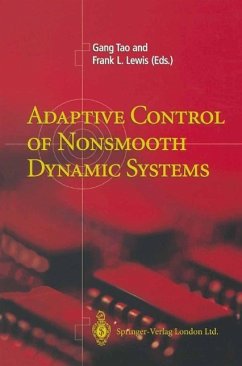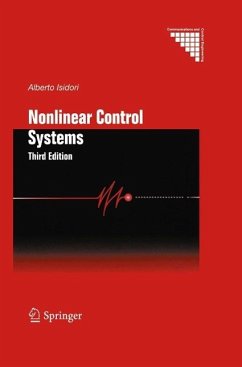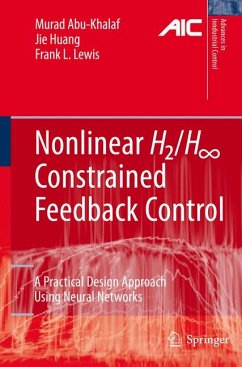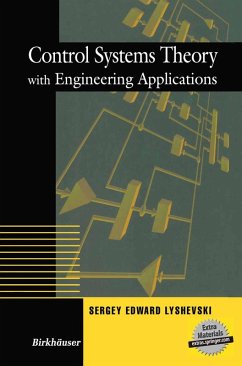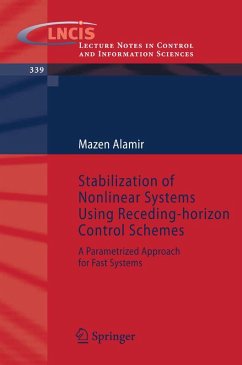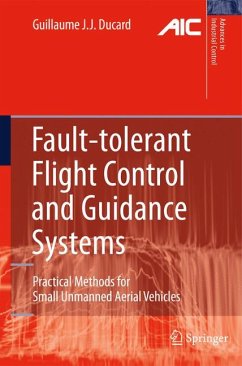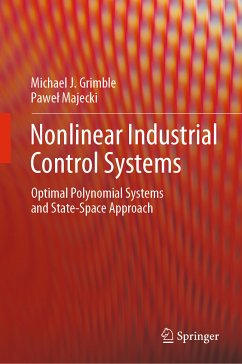
Adaptive Control of Systems with Actuator Failures (eBook, PDF)
Versandkostenfrei!
Sofort per Download lieferbar
112,95 €
inkl. MwSt.
Weitere Ausgaben:

PAYBACK Punkte
56 °P sammeln!
This book will sell because it outlines a method by which the failure of control systems can be circumvented. The reader will be interested either because it can extend the period of plant operation between costly overhauls or because the effect of a sudden uncompensated failure in control would be dangerous (in an airborne aircraft for example) where the techniques exemplified in this book will keep the control systems effective long enough to be able to wind them down safely (in time to land the aircraft for example).
Dieser Download kann aus rechtlichen Gründen nur mit Rechnungsadresse in A, B, BG, CY, CZ, D, DK, EW, E, FIN, F, GR, HR, H, IRL, I, LT, L, LR, M, NL, PL, P, R, S, SLO, SK ausgeliefert werden.



